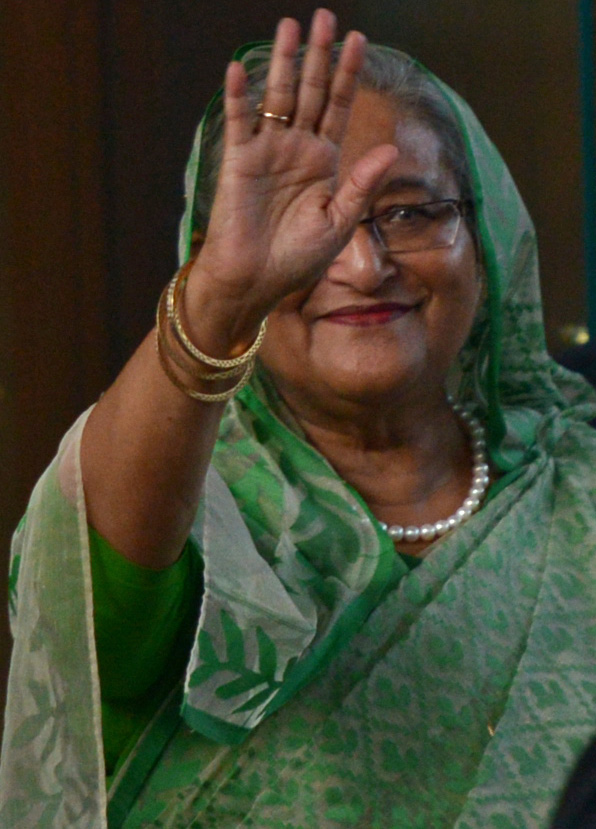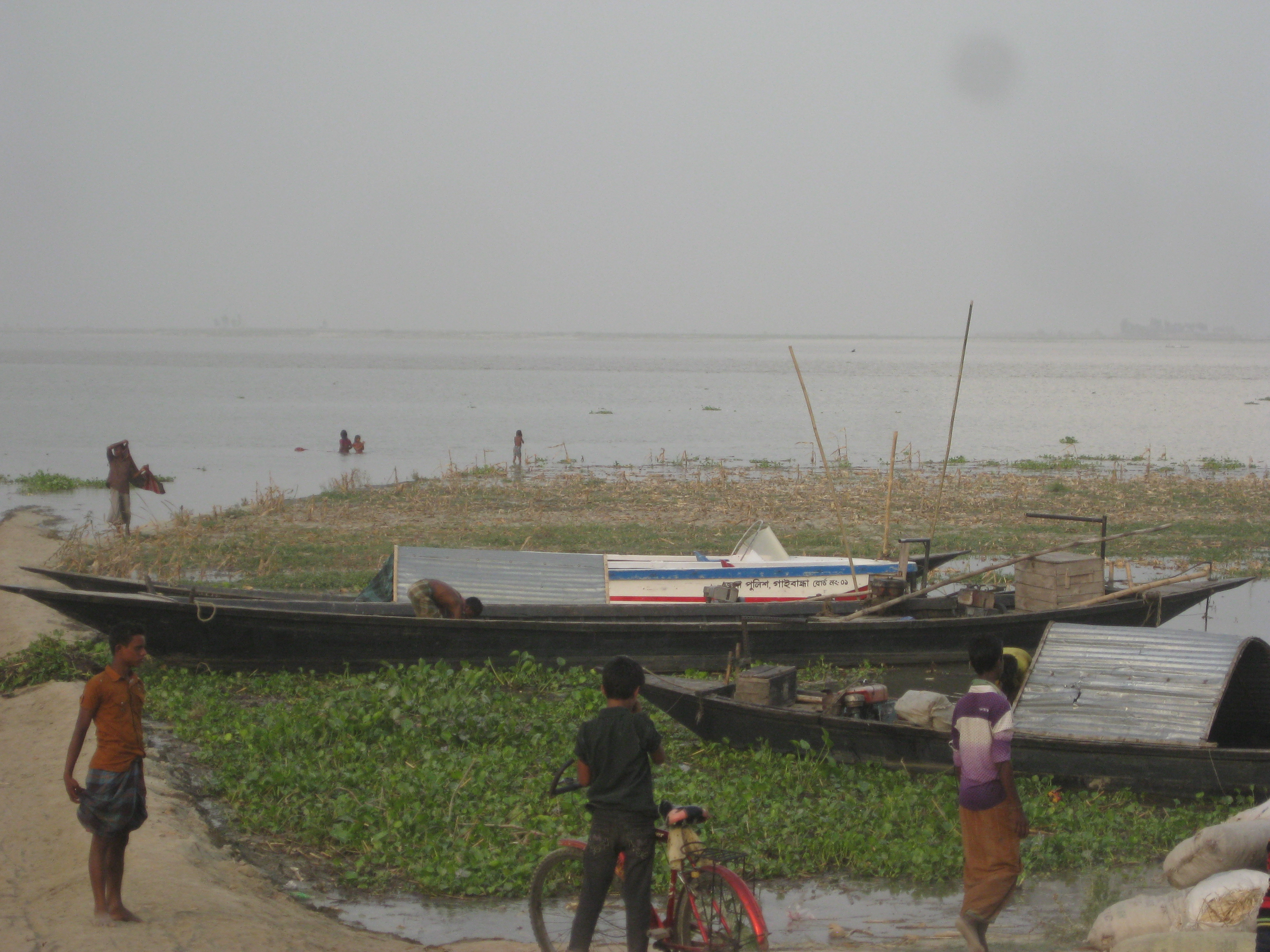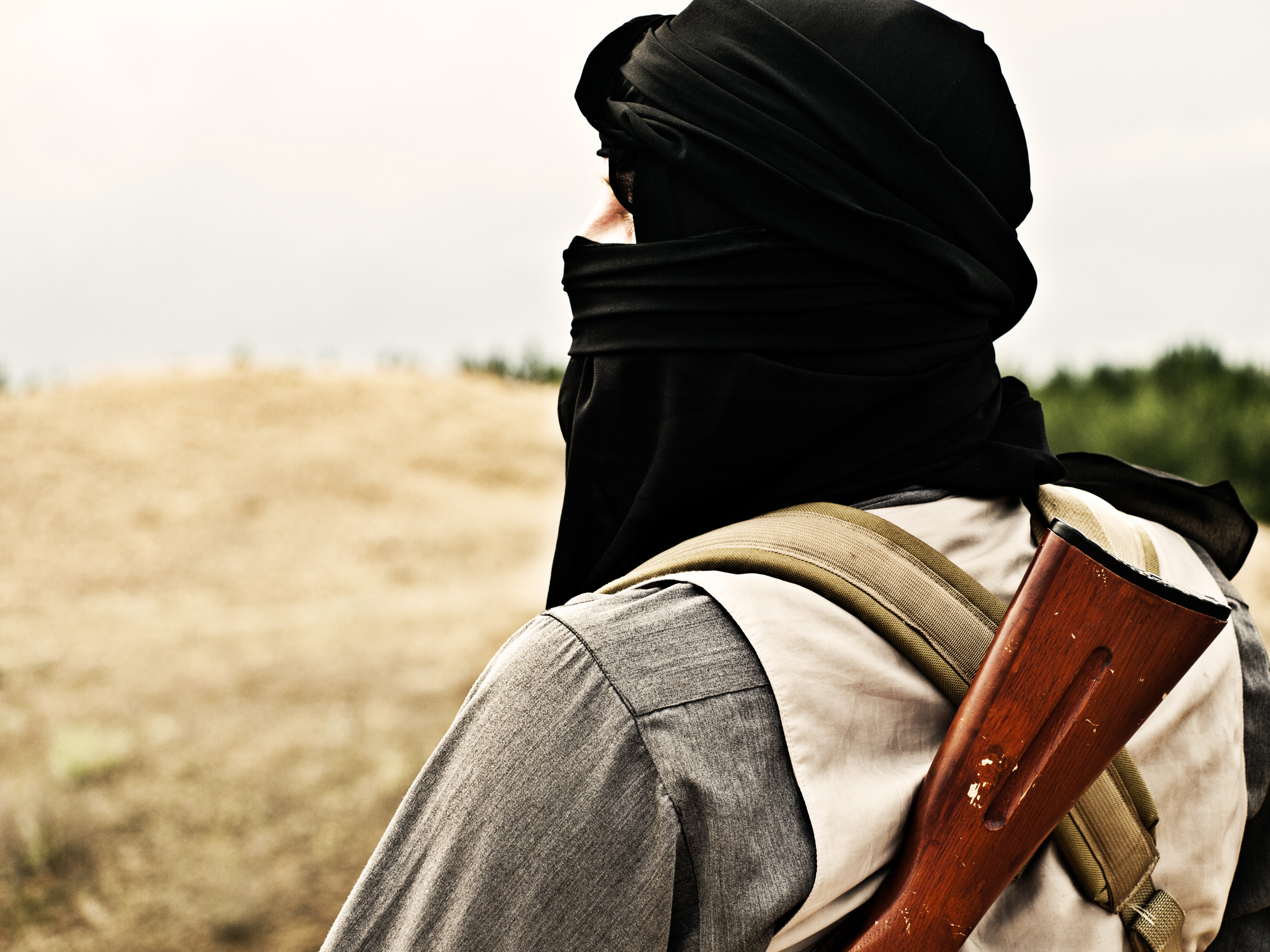There is a sense of relief in Dhaka ahead of the upcoming general elections, Bangladesh’s 11th, on December 30. Preparations are in full swing for the polls in which around 100 million registered voters will elect 300 representatives to the country’s Parliament. The political parties are busy nominating candidates, preparing manifestos and drawing up campaign strategies.
In spite of such heightened activity, Dhaka has remained uncharacteristically calm. That’s the biggest news from the capital. Irrespective of political association — loyalties are sharply divided between the ruling Awami League and the Opposition Bangladesh Nationalist Party — people are happy with this peace at a time when most of them had been bracing for chaos and uncertainty.
Poll-related bloodshed is common across South Asia, with Bhutan being the lone exception. Bangladesh has a history of long periods of violence, starting during the run-up to the elections, peaking on polling day and continuing beyond in the form of backlashes. The last general elections in January 2014 — marred by street fights, a low turnout and a boycott by the BNP — was undoubtedly the most violent in the country’s history. Between February 2013 and the following January, over 300 people died in clashes, including 18 on the day of the vote, as the BNP tried to derail the poll process to press its demand for elections under a caretaker government.
This time the story seems different. So it’s advantage Sheikh Hasina Wajed, the prime minister, at least for now. Absence of violence is good news for Wajed, eyeing a third stint in power. With the Awami League’s main rival, the BNP, agreeing to participate in the election leading a rainbow alliance of Opposition parties, Wajed can claim credit for creating an atmosphere for participatory elections.
Unlike 2014, when the strife had continued for months, no one on the streets is talking about the possibility of the army coming out of the cantonments. That is an achievement, as army generals have often tried to play kingmaker in Bangladesh. Wajed should be complimented for engaging in a dialogue with her rivals, which has, to a great extent, defused the pre-poll tensions.
The fledgling Opposition platform, with the BNP as its fulcrum, also deserves credit for reading the people’s pulse aright and refraining from violence. Although its demands for a non-partisan caretaker government and the release of the BNP chairperson, Khaleda Zia, have not been met, the BNP’s decision to participate in the polls to de-seat Wajed is a prudent move as it establishes the Opposition’s commitment to democratic process.
There is peace; the ruling party has done its bit, so has the Opposition, and now it’s time for the people to decide — that may be the script elsewhere, but the Bangladesh story is unlikely to be as simple. The present calm is uneasy. Will this calm last, is the most common question in Dhaka, the centre of all political activity in a country of over 160 million people. Although the countdown has started, the real fight will commence only after December 8, the last day for withdrawal of nominations. Once the candidates hit the campaign trail, new challenges will confront the parties.
For Wajed, the first challenge is to keep her flock together as there is discontent among Awami League nominees. She faces anti-incumbency sentiments after a decade in power. But the real test lies in proving her detractors wrong by ensuring a fair vote. The poll panel has promised a fair election process, but given the Awami League hegemony across the country, the ruling party’s role will determine the outcome.
It’s unfortunate that Wajed is going to the polls burdened with the tag of ‘authoritarian’ given by a section of the media, although she has hardly shown any of the traits displayed by such rulers. This is a failure of her spin doctors, who could not divert the smear campaign. They have also let her down by failing to weave a narrative around her efforts to make Bangladesh one of Asia’s most remarkable and unexpected economic success stories in recent years.
If the Awami League government can go to the polls with this narrative and the promise of a fair election is delivered, Wajed’s stature will rise further. If she can beat the anti-establishment mood, her dream of helming the government on the 50th year of Bangladesh’s independence in 2021 will fructify.
The Opposition alliance, which has been demanding a level playing field for the polls, also has its task cut out. It has to resist the temptation of unleashing violence to discredit Wajed and the election — a do-or-die test for an alliance that includes radical elements like the Jamaat-e-Islami, which opposed the idea of Bangladesh, and valiant freedom fighters like Abdul Kader Siddique and A.S.M. Abdur Rab, and the eminent jurist, Kamal Hossain.
In their desperation to oust Wajed, the freedom fighters may have opted for the strategy of gathering all Opposition forces together. But if they allow the Jamaat to prevail over them, their promise of a peaceful and prosperous Bangladesh will remain only on paper.












